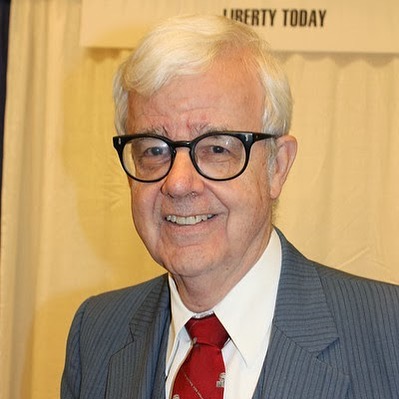On February 24, 2022, Gary North died at age 80 after a long battle with cancer. A prolific author, with more than 50 books on economics, history, and Reformed Protestant theology to his credit, as well as thousands of articles (e.g., garynorth.com), North was influential in conservative Christian thinking about politics and the economy for over 50 years. His work will doubtless remain so for many more years.

North was a leader in the “Christian Reconstruction” movement that was attractive to some conservative (in the theological and political senses of the word) Reformed (Calvinist) Protestants. Coming out of the philosophical and theological work of Westminster Theological Seminary professor Cornelius Van Til (1895–1987), the movement was given its distinctive character by Van Til’s student Rousas J. Rushdoony (1916–2001), North’s father-in-law. The Reconstructionist view is that the foundations of modern secular society have crumbled, and Christians have a responsibility to “reconstruct” all of society on biblical principles. This put them at odds not only with secularists, but many within Protestantism who were pluralist in their political views. Reconstructionists gained a reputation as abrasive and divisive in church settings, willing and able to write trenchant responses to all critics. North’s style was forceful and direct: this is how it is; take it or leave it. His rejection of the “if-that’s-OK-with-you” tone of many evangelicals became infamous. It was easy to voice complaints about North’s style; it was not so easy for churchmen to refute his work.
Continue reading “Gary North’s Christian Economics”
